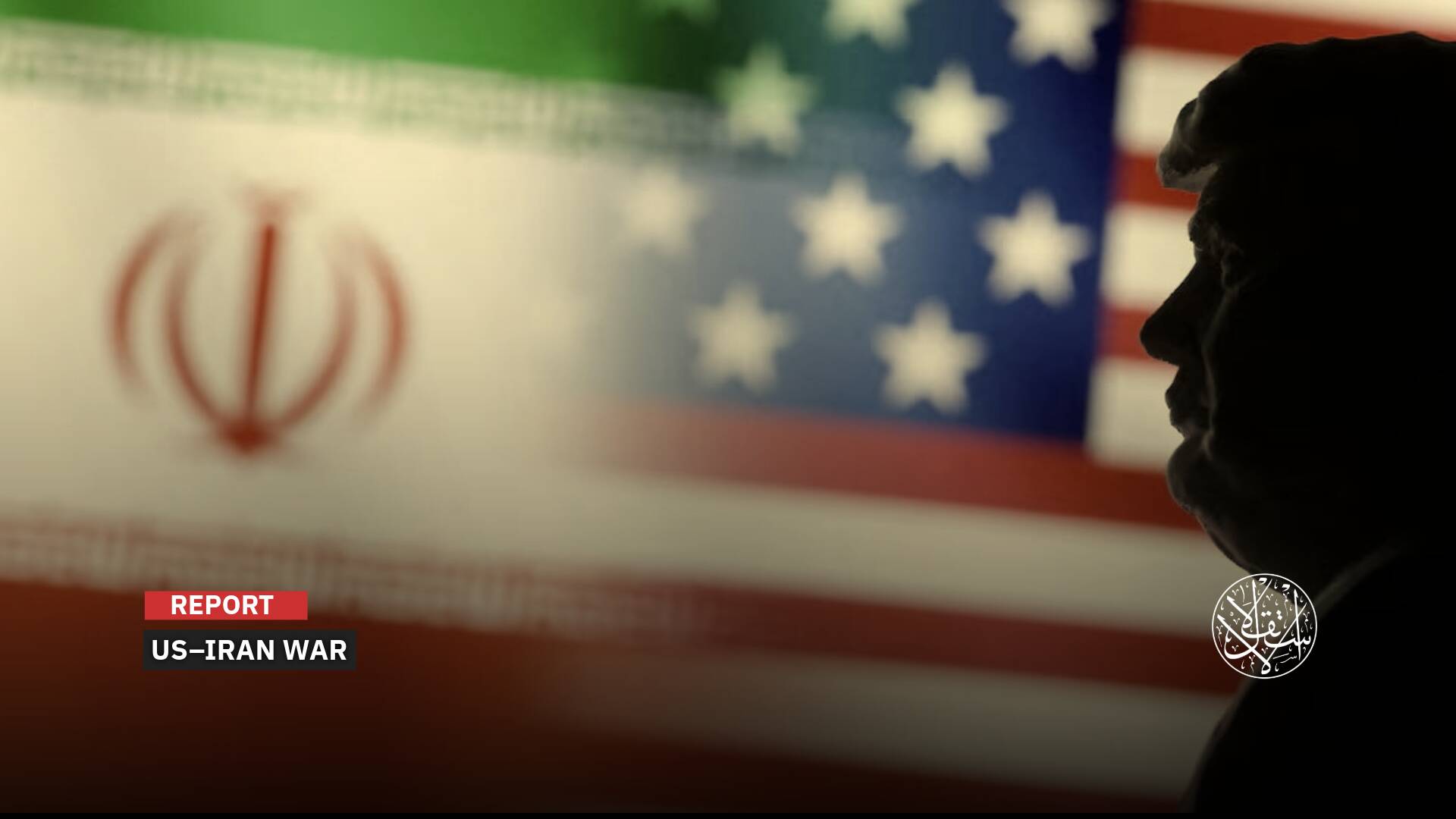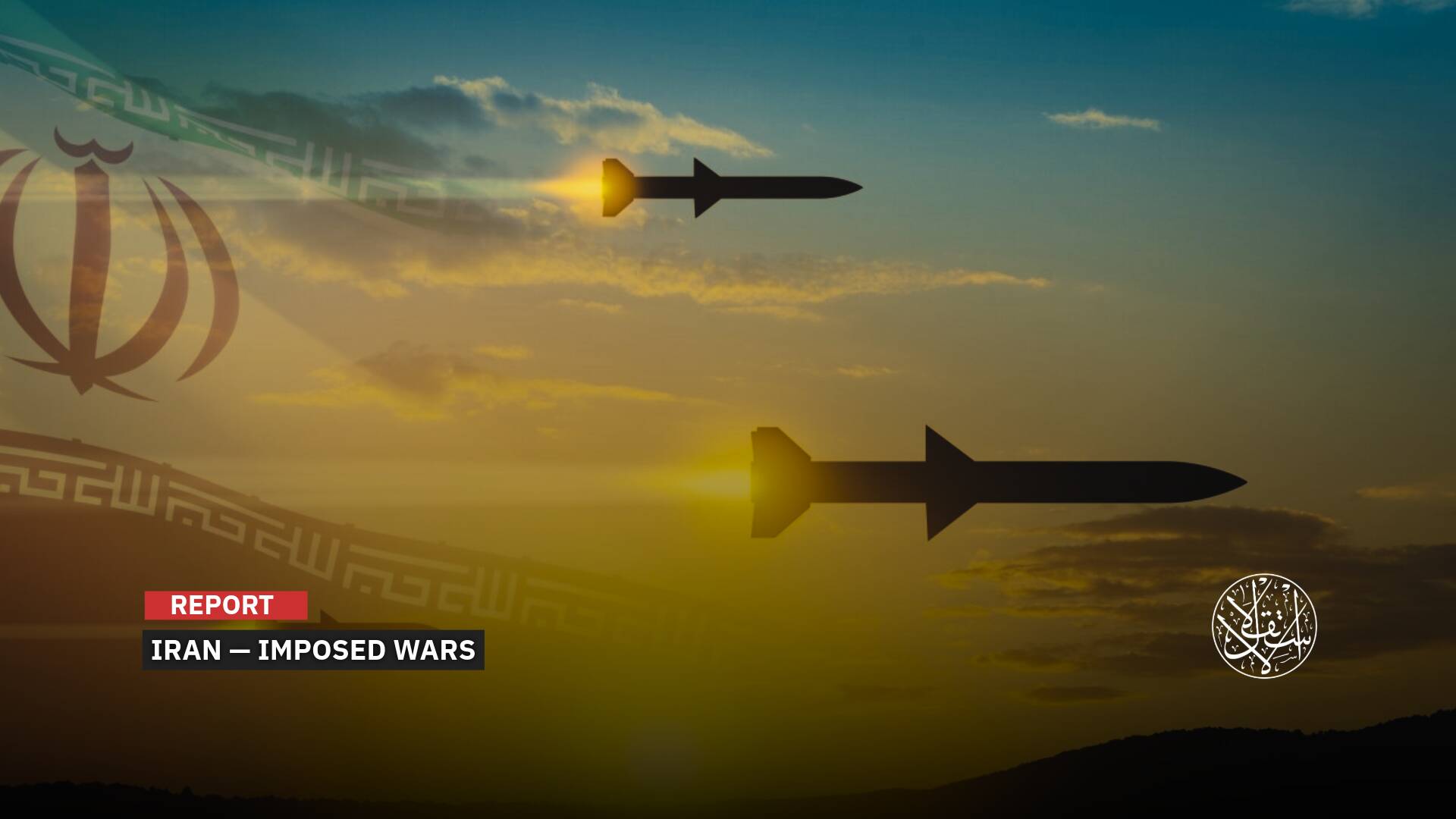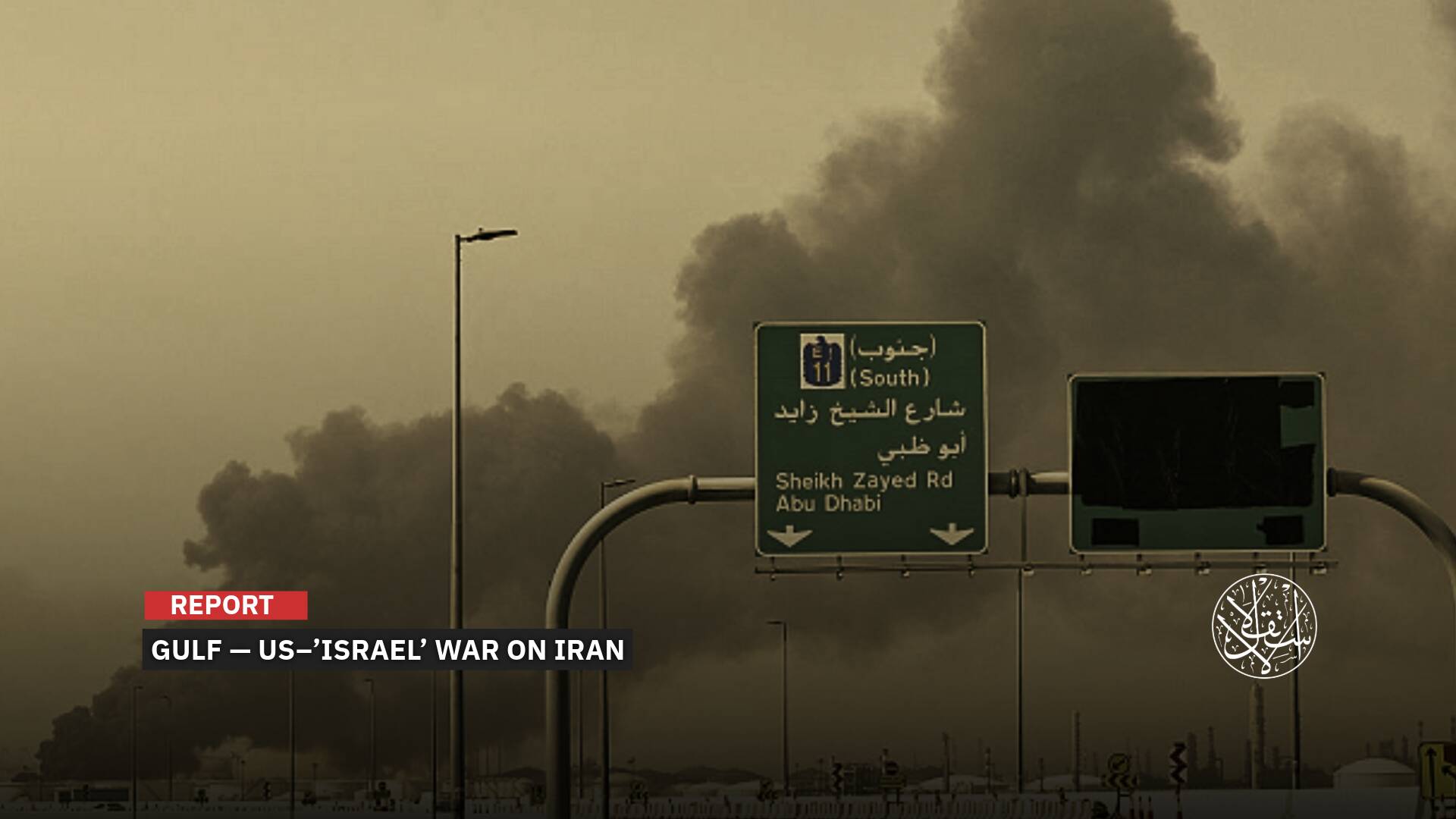Historical Samarra: How the Sadr Militia Aims to Transform the City into a Shiite Stronghold

The Sadr militia killed a young man from Samarra as part of a series of killings and abductions.
Since the bombing of the two military shrines in Samarra, Iraq, the once-thriving capital of the Abbasid Caliphate has been enduring systematic oppression and persecution at the hands of various Shiite factions.
These include the powerful Sadrist movement, led by Muqtada al-Sadr, and the Coordination Framework, which currently leads the government.
Both have contributed to the tightening grip on the city's residents, subjecting them to increasing repression and violence.
On February 22, 2006, the shrines of Ali al-Hadi and Hassan al-Askari in Samarra, the grandsons of the companion Ali ibn Abi Talib, were bombed, sparking a sectarian conflict in Iraq that claimed the lives of nearly 100,000 people, targeted for their identity.
In addition to the widespread killings, thousands were displaced, and hundreds of mosques were destroyed or set ablaze.
As the harassment and abuse of Samarra’s residents persist, the body of a 20-something-year-old Ziad Tariq al-Bazi was found on April 11, 2025, three days after he was abducted by a checkpoint operated by the Saraya al-Salam militia, an armed group affiliated with Muqtada al-Sadr's Sadrist movement.
Gruesome Crime
The body of the young Samarra man appeared after he was killed by slitting his throat, bearing severe signs of torture that disfigured his features—including the cutting off of his ear and the mutilation of his nose—in addition to burning his face with acid, despite neither he nor any member of his family having committed any wrongdoing, as his father stated in a televised interview.
The victim's father revealed that he lost contact with his son, Ziad, at 11 a.m. on April 7, while the young man was heading to the farm to turn off the irrigation machine.
He explained that Ziad had been abducted in an area situated between two security checkpoints—one manned by the federal police and the other by the Saraya al-Salam militia.
When asked about those responsible for his son's murder, the father offered a pointed remark, “If they weren't powerful, they wouldn't have been able to kidnap my son in broad daylight and then kill him in such a barbaric manner.”
Al-Bazi held the security forces in Samarra accountable for his son's death and the escape of the perpetrators, expressing disbelief at their failure to apprehend the culprits despite their tight control over the city and the widespread presence of surveillance cameras.
He called on Prime Minister Mohammed Shia al-Sudani to intervene personally and urgently to identify the killers and hold them accountable.
While no official response has been forthcoming from al-Sudani's office regarding the incident, the Samarra Police Directorate issued a statement denying any cases of abduction, though it announced the formation of a committee to investigate the murder of Ziad.
In its statement, issued on the same day that Ziad al-Bazi’s body was discovered, the Samarra Police Directorate denied the reports circulating on social media and satellite channels about abductions in the city.
While acknowledging the existence of extortion and blackmail operations, the directorate claimed that those responsible were individuals exploiting the name of Saraya al-Salam.
It further asserted that these suspects had been arrested, confessed to their crimes, and were subsequently handed over to the Samarra Anti-Crime Directorate to face legal consequences.
On April 13, the leader of the militia group Saraya al-Salam in Samarra, Muntazar al-Musawi, appeared before the media, claiming that the death of al-Bazi was a tragic accident, asserting that he had fallen into the river along with his vehicle.
He dismissed the accusations against them as baseless, making no mention of the victim’s face being mutilated or his ear being severed.

Recurring Crimes
The murder of the young man al-Bazi sparked outrage across social media platforms, with many condemning the sectarian oppression faced by the residents of Samarra in Salah al-Din province at the hands of the Saraya al-Salam militia.
"The story of the young man Ziad, from the people of Samarra, shakes any decent, honorable society that possesses conscience and humanity," Iraqi journalist Omar al-Janabi noted.
"The young man was abducted from a security checkpoint, and his body was found three days later, bearing signs of torture with acid—marking the fourth abduction from the city's outskirts in just a few days."
"When will the injustice against Samarra and its people, driven by sectarian motives, come to an end?" he added.
"The martyr Ziad Tariq al-Bazi, from Samarra, was abducted by the terrorist militia Saraya al-Salam, and his body was found slaughtered and burned with acid," Activist Tamara AlKhazraji noted.
In a call to action on X on April 11, AlKhazraji urged the people of Samarra to rise up against Saraya al-Salam, warning that “this terrorism, humiliation, and crime will ultimately consume everyone, one by one, if silence persists over the actions of this militia.”
In a similar vein, journalist Omar al-Jamal noted that "the leader of Saraya al-Salam describes the brutal killing of a person by stabbing, followed by his disfigurement with acid, as fate, before suggesting that the incident had its reasons."
He went on to assert that this was a clear admission of the leader's knowledge of the circumstances and motives behind the crime, effectively confessing to covering it up.
In a post on X on April 13, al-Jamal expressed his astonishment at al-Mousawi's statement, asking, "He rushed out and fell into the river, but how was he then killed by stabbing, burned with acid, and had his ear severed?" He went on to describe "the crimes of Shia terrorism as unparalleled in their brutality."
Al-Jamal further confirmed that “the militia of Muqtada al-Sadr is holding nearly 5,000 people from Samarra, based on flimsy excuses and accusations that have no evidence, particularly those related to alleged links to terrorism.”
On April 12, Sunni politician and former MP, Mishaan al-Juburi, directed a message to Muqtada al-Sadr via X, urging him to take a stance on the fate of young Ziad al-Bazi in Samarra.
Al-Juburi called on al-Sadr to issue a clear directive for the formation of an impartial investigation committee in collaboration with the Ministry of the Interior.
The committee, he said, should probe the crime, make the truth known to the public, and hold the perpetrators accountable, regardless of who they may be.
In his message to al-Sadr, the Iraqi politician urged that "the cameras at the Saraya al-Salam checkpoints be placed at the disposal of the committee to eliminate any doubts and reveal the truth."
He also appealed for a reassessment of the multiple security authorities in Samarra, stressing that the duplication of checkpoints undermines security, instead opening the door to confusion and impunity.
In a similar vein, the Rafidain International Center for Justice and Human Rights called on the Iraqi government and relevant security agencies to launch an immediate and transparent investigation into the circumstances of "this heinous crime."
The center emphasized the need to hold the perpetrators accountable, ensure they are brought to justice, and provide full protection to civilians, particularly in areas where such violations have repeatedly occurred.
In a statement issued on April 11, the center called on international human rights and humanitarian organizations to take urgent action to "document this crime and exert pressure on the relevant authorities to halt the ongoing cycle of murder and abduction against innocent people in Iraq." It stressed that “silence in the face of these crimes amounts to complicity.”
Systematic Operations
Regarding the ongoing violence, abductions, and arrests in Samarra, Waleed al-Samarrai, a local resident, confirmed that "Saraya al-Salam has controlled the security situation since 2014, following the invasion of the Islamic State and its takeover of parts of Salah al-Din province."
Speaking to Al-Estiklal, al-Samarrai explained that "Saraya al-Salam deals with the city's residents in a sectarian manner, tightening the noose around them and arresting anyone they choose, whether at the security checkpoints they set up at the city's main entrances or through raids and detentions under the pretext of terrorism affiliation."
"What is happening is a campaign of intimidation and sectarian cleansing, aimed at forcing the city's residents to leave and bringing in people from the southern, Shia-majority provinces, with the goal of effecting a demographic shift in Samarra, the former capital of the Abbasid caliphate. Currently, buffalo herders from the south have been brought to the city under the pretext of drought," al-Samarrai noted.
In a television interview on April 3, Ali Turki, a member of the "Asa’ib Ahl al-Haq" militia, part of the Coordination Framework, stated, “Samarra is a Shia-majority city, and Iraq as a whole is Shia. I am in the process of proposing a law in Parliament to turn Samarra into a Shia province.”
Earlier, Shalaan al-Karim, the Sunni MP from Samarra in the Iraqi Parliament, revealed that the residents of Old Samarra have faced intense pressure, forcing them to sell their properties. This, he explained, came after the security forces controlling the area tightened their grip on the population.
Al-Karim confirmed that the administration of the military shrine (the shrine of Imam al-Hasan al-Askari) had further restricted the residents of Old Samarra by installing gates at the entrances to the area.
This clampdown, he noted, included a ban on allowing sanitation and municipal workers, as well as anyone wishing to repair electrical lines or water pipes, into the region.
"All of this forced the residents of Old Samarra to submit and sell their properties at very low prices," he added, stressing that the initial expansion of the military shrine was only 50 meters, but it was later increased to 200 meters.
Since the bombings of 2006, Samarra has faced increasing pressure, with significant restrictions imposed on both the city and its residents, particularly the Sunni Arab tribes who have lived there since its establishment, including al-Abbasi, al-Bazi, al-Daraji, al-Aswad, al-Badri, and al-Nissani tribes.
The ancient city of Samarra is located on the banks of the Tigris River, approximately 130 kilometers north of Baghdad.
It served as the capital of the Islamic Abbasid Caliphate for nearly 58 years, from 834 to 892 AD, during which the caliphate expanded its influence from Tunisia to Central Asia.
The city stretches over 41.5 kilometers from north to south, with a width ranging between 4 and 8 kilometers.
It is home to architectural and artistic landmarks that were developed locally before being disseminated to regions across the Islamic world and beyond.
Among the many notable archaeological sites in the area are the Great Mosque and its iconic Malwiya Minaret, both constructed in the 9th century. Nearly 80% of the ancient city remains buried and requires excavation.
In September 2008, UNESCO recognized Samarra as one of 851 heritage cities worldwide, placing an obligation on the city to preserve its buildings and archaeological sites by all available means.










